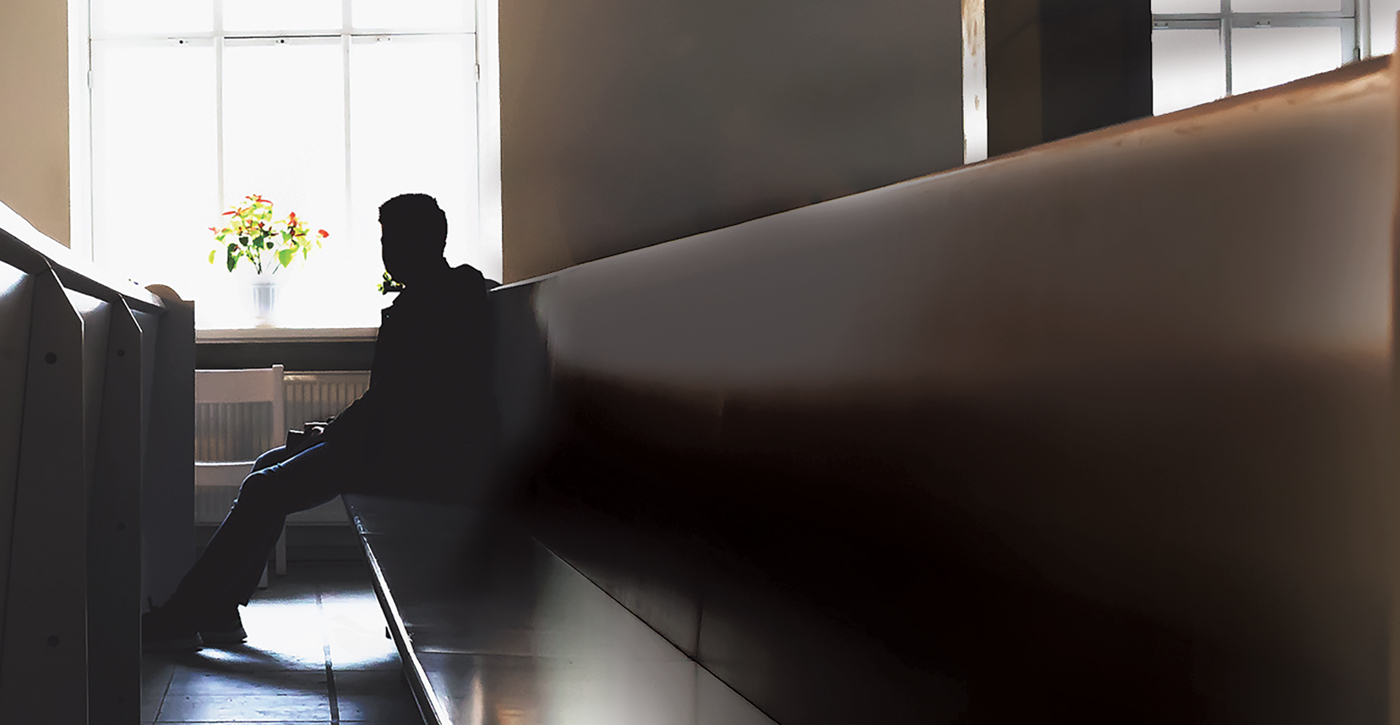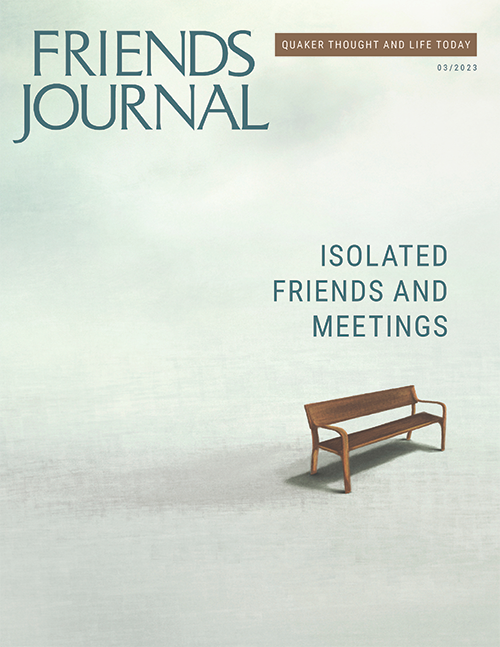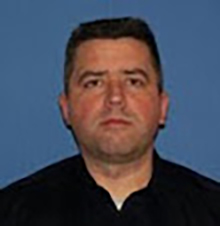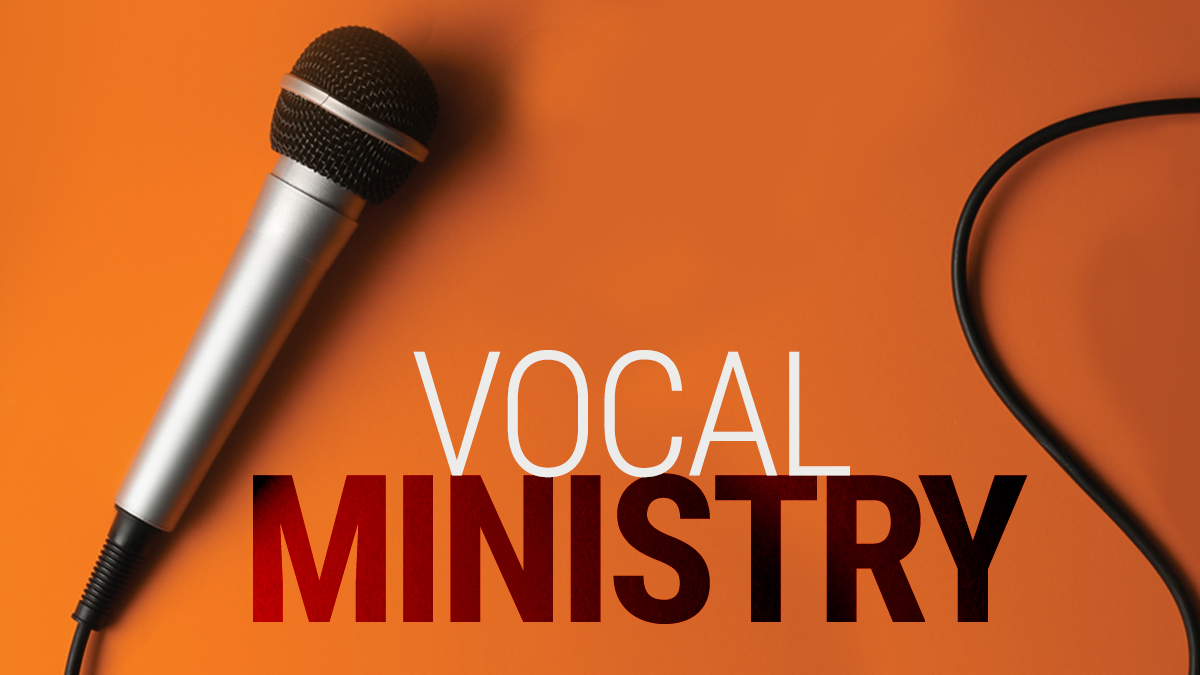My Experience as an Isolated Quaker
One day I came across a notice in the newspaper that stated Quaker services were to be held in the home of a local member. The idea of attending an unprogrammed Quaker service intrigued me, as I had heard about Quakers but had never gone to worship with them because there were none in my home area. I grew up in a Baptist church but came to appreciate other forms of worship, such as Catholic High Mass (even attending one given in Polish in an ethnic enclave). This service would finally give me the opportunity to attend Quaker worship, and in my desire to be a seeker, I felt I couldn’t pass it up.
I had heard of house churches and their movement among the Protestants but never seriously considered attending a service, as sitting in a living room for worship made me uncomfortable, rightly or wrongly. However, I knew churches couldn’t be judged based on attendance or appearances. The early church met wherever they could to avoid persecution. Attending a meeting in a living room should not be that much of a sacrifice. Besides, I was told the “church” is the body, not the building.
In the towns near me, there are basically two types of churches: one is the Pentecostal or Evangelical. In that group, there are usually two subsets: the “seeker sensitive” church yearning to bring in new members with marketing, contemporary bands, and multimedia presentations that wow the senses; the other is a hard-preaching of the Word of God with a fundamentalist outlook. The other type of church prevalent in nearby towns is Catholic with its ritual Mass and prayers that have been passed down for centuries. I enjoyed them all, but Quaker worship intrigued me, and I had to see for myself.
As I did more research on “the isolated Quaker” (it sounds so lonely), I read about how many Quakers practice their faith alone without the benefit of other Friends: neither experiencing fellowship nor having the opportunity to receive a revelation during worship. It was during this period that I tried to devour anything I could on the Religious Society of Friends, such as books and videos. Since there was no Quaker meeting or pastor available, secondhand sources had to suffice.
It was during this research that I found another Quaker meeting scheduled in a café run by a mainline church in a nearby town. I excitedly got the information and planned to attend the service. Once the day arrived, I drove around looking for the café and discovered it to be a modest building that didn’t call attention to itself (how Quakerish, I think now in retrospect.) When I went inside I was introduced to the five other members by the leader and felt as welcome as if we had attended for years.
I gathered that these people were isolated Quakers, too, and had a longing for fellowship and interaction that a Zoom meeting couldn’t accomplish. We sat down in the café surrounded by tables, chairs, and a kitchen, and I thought to myself how this doesn’t resemble any church I’ve been to before, but I was hoping for something different, and the newness intrigued me.
After the preliminaries, the time had finally come for expectant waiting, the silent worship of waiting for the Light that I had read so much about. I am an introvert by nature, and I relished the opportunity to engage in silence and contemplation, deliberating on my life and on ways to become a better person in God’s eyes. I sat listening for the still, small voice to give me guidance to possibly share with the meeting. Someone did stand and give a revelation that I cannot recall exactly, except that it was given in a reassuring manner that I found comfortable. Devoid of loud music, lasers, shouting, and clapping, the worship felt like we were the early disciples at Pentecost waiting for the Holy Spirit.
After about an hour, a man whom I’ll call Denny stood up and called the meeting to an end and we went from the spiritual back to the temporal realm. Denny, a kind and unassuming man, gave me some literature to learn more about Quakers, their beliefs, and lifestyle. Before leaving, I bid my new friends farewell and hoped to keep in touch with them. We went to another meeting the following Sunday, and I felt reassured that I had a new spiritual path to follow and fellow Friends to travel with me.
I am an introvert by nature, and I relished the opportunity to engage in silence and contemplation, deliberating on my life and on ways to become a better person in God’s eyes.
Then it happened: this being the spring of 2020, the pandemic shut virtually everything down, and meetings were postponed until further notice. I then received an email from a Friend who had set up the meetinghouse in the café: it said that due to some falling-out, there would be no more services held there. As the pandemic stretched into months, our fledgling little group disbanded and we went our separate paths as isolated Quakers again. The pandemic’s toll arrived in many forms and made us sacrifice many things: one of them being fellowship and community with others. We all became isolated whatever our situation. We were once again relegated to practicing Quaker faith in isolation, which is ironic considering we are called “the Religious Society of Friends.”
Today, I continue to seek out books and videos on Quakerism. While they are a treasure trove of information on the history of Quakerism, I find that the elements of fellowship, friendship, and worship among Quakers are sadly missing from my life, as well as the mentorship of older Quakers. I did find some meetings at some great distance, and perhaps I will visit them, but with a second job and with the high price of fuel, it is not practical to do so every week.
I have been a smooth jazz fan for years, and was struck by a quote attributed to musician Ahmad Jamal, who stated: “I would like to be a scholar in whatever I do; a scholar is never finished; he is always seeking, and I am always seeking.”
I consider myself something of a seeker, too. I relish the memory of Monday night Bible study at a Church of God, where men of different persuasions gathered together in study, debate, introspection, and—rarely, thank God—argument. Beneath it all was an underlying desire to learn and understand God for a few hours in friendship and camaraderie. Unfortunately, those meetings have long since stopped as death overtook various members. The result was a spiritual void and loss of friends to clarify ideas and delve into mysteries of God and the world. In those meetings, Proverbs 27:17 (NIV) was often quoted: “As iron sharpens iron, so one person sharpens another.” As my journey into Quakerdom continues, I look forward to gathering with other believers in meetings and sharing revelations the Spirit gives us.
The Lord sent His disciples in pairs, knowing that the journey was fraught with discouragement and temptation, and He knew that we were meant to lift one another up to the destination. The journey was not to be a task of solitude, but we were to gather together in a body where members could lift up one another.
We are commanded to have fellowship with other believers; the spiritual journey is not made for loners (with maybe some exceptions, like monks). Christ sent His disciples out in twos to lift up and encourage one another for the journey. Maybe I will give Denny a call.








Comments on Friendsjournal.org may be used in the Forum of the print magazine and may be edited for length and clarity.